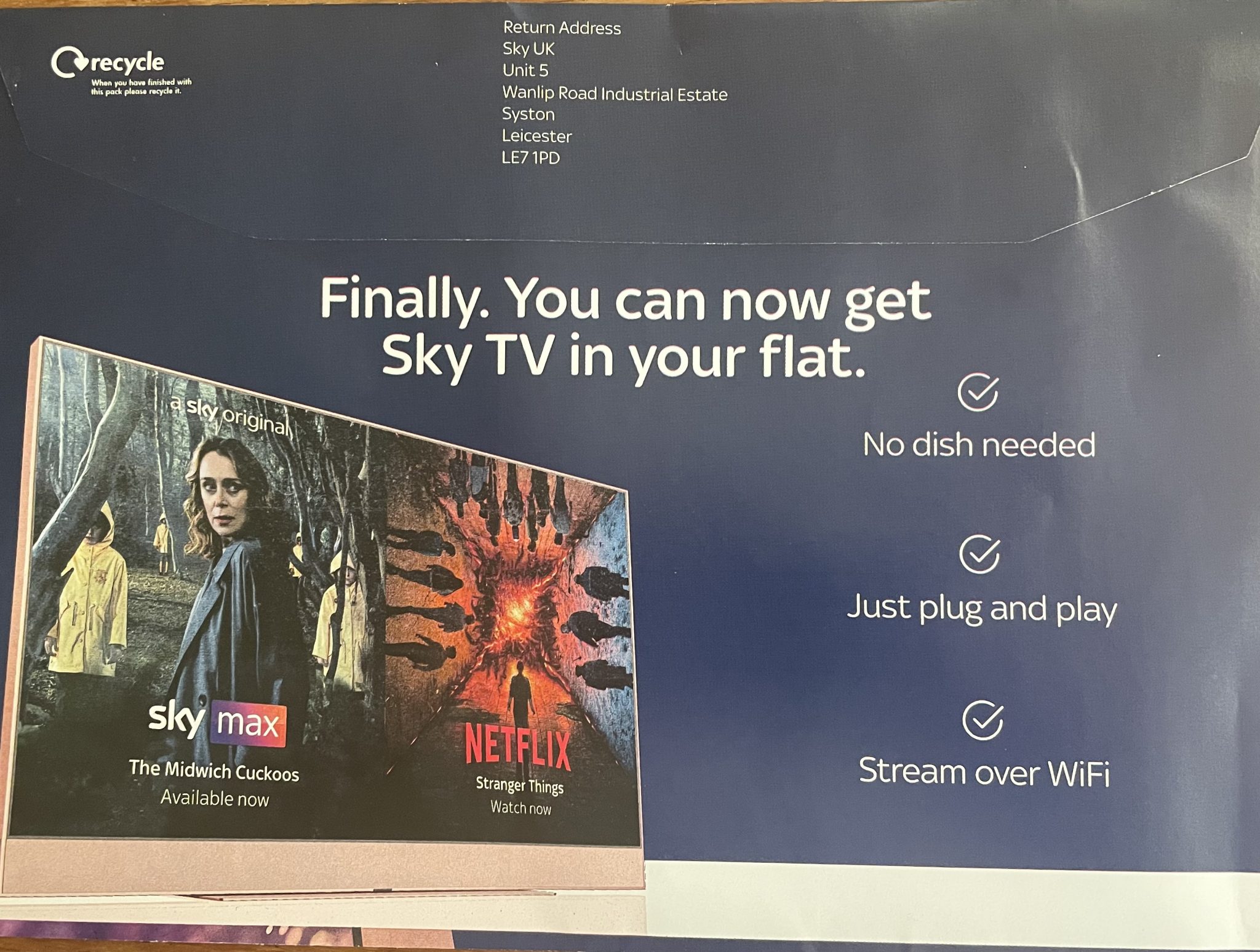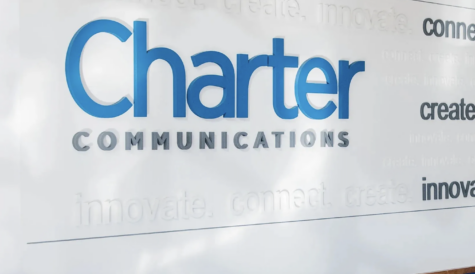Sky enters new era with shift to IPTV
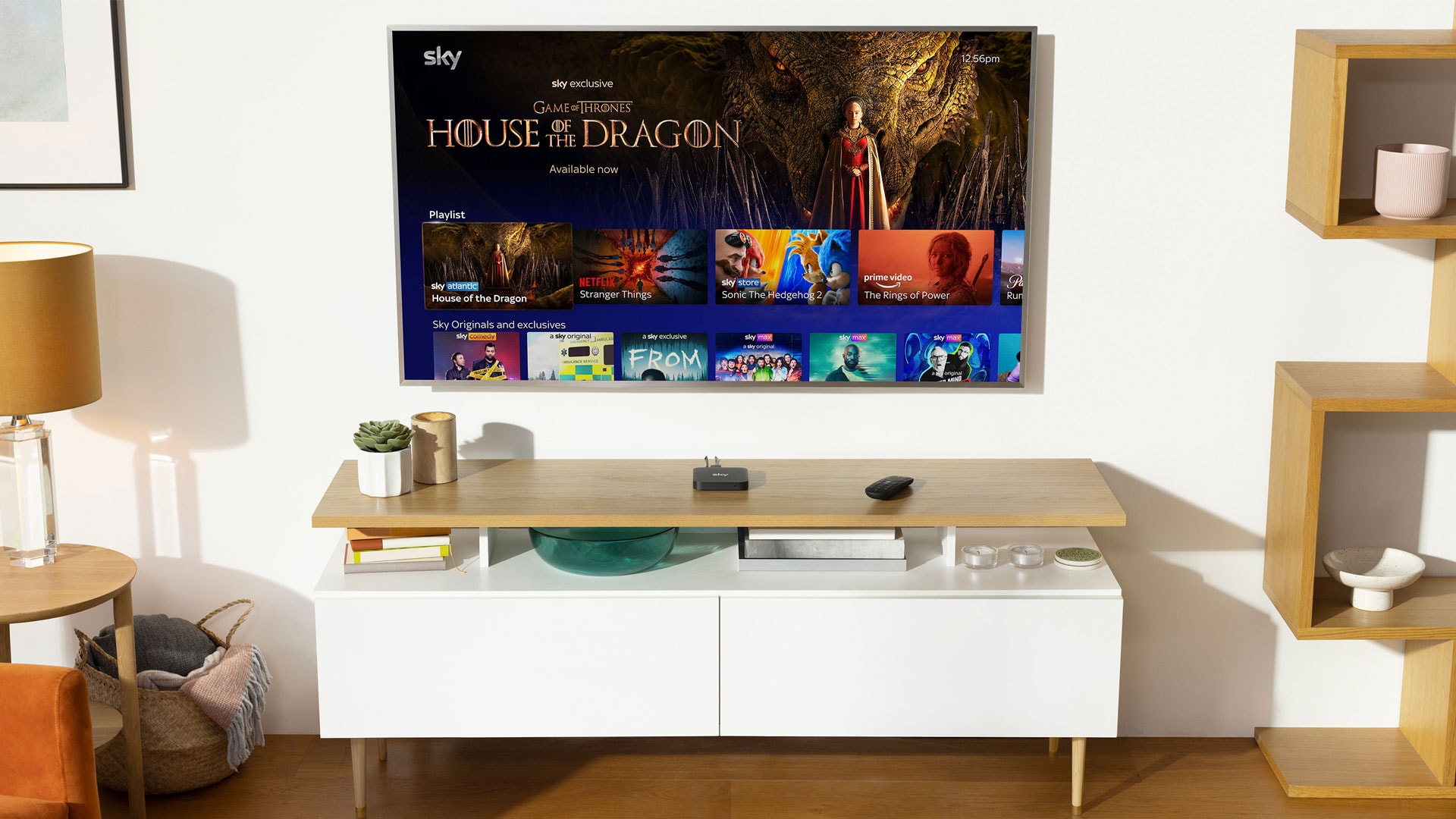
Sky has officially ditched the dish in the UK.
When it launched Sky Glass in late 2021, the country got a glimpse of what an entirely IPTV-based version of Sky would look like. The product however was an all-or-nothing situation where customers basically up front had to decide that they were going to be Sky customers for at least the next half-decade and invest in a TV which, while solid, is unremarkable on paper compared to similarly priced sets on the market.
Virgin Media O2 launched its own streaming STB earlier this year, with chief TV and entertainment officer David Bouchier making a number of jabs at Sky Glass during the reveal event. “We don’t believe we have to become a TV manufacturer [to deliver a cutting edge product],” he said.
Several months later, Sky will launch Sky Stream (not to be mistaken with Virgin’s own Stream) as a standalone device on October 18. The device itself is a known entity – it is the streaming puck that was available as an add-on for Sky Glass to extend viewing to additional screens – but its availability as a product in isolation is a game changer for Sky.
Effectively in 2022, the only reason to opt for the more traditional Sky Q with satellite transmission is if you are in an area with particularly poor broadband coverage or if you are attached to the practice of recording shows in an age where practically everything is available instantly on demand.
In the house
The nature of fixed-line pay TV services are far too sticky for the younger audience to which Sky is looking to cater.
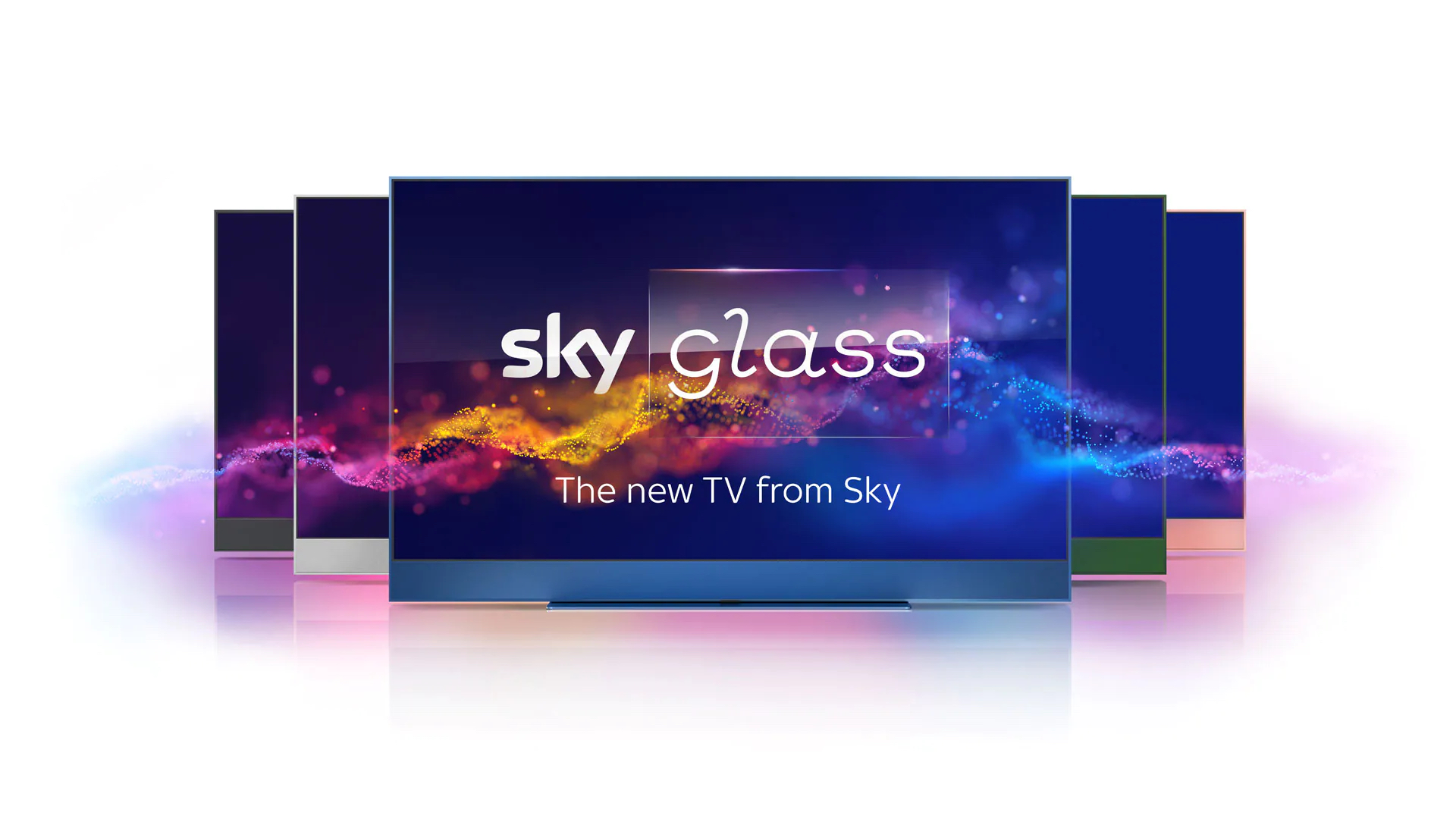 A report from Outra published earlier this year showed that the proportion of people aged between 26-42 who are buying homes has dropped by 11% in the past five years. Under-40s are buying fewer homes than ever, and this gap will only be further widened in the coming months and potentially years should the incumbent Conservative government’s approach to spending continue to spook lenders.
A report from Outra published earlier this year showed that the proportion of people aged between 26-42 who are buying homes has dropped by 11% in the past five years. Under-40s are buying fewer homes than ever, and this gap will only be further widened in the coming months and potentially years should the incumbent Conservative government’s approach to spending continue to spook lenders.
As a pay TV operator, the homeowner is your best friend. You know they’re guaranteed to stay in the same spot for at least a handful of years, and the only changes to their property required to run by a higher authority are fundamental structural alterations like building an extension.
You also know that they have a secure line of credit and they aren’t being rinsed by greedy landlords, so in theory, they should have a higher disposable income to spend on your premium service over an 18-24 month contract.
There is however a large portion of this generation for whom home ownership is about as likely as winning the lottery. And even if, during this cost-of-living crisis they can afford to spend upwards of £50 per month on a pay TV service, the chances are high that their landlords would kibosh the installation of a satellite and drilling cables through their precious walls.
Even homeowners who might have been tempted by Sky in the past have largely been ostracised if they live in a block of flats where satellite installation is an impossibility.
A solution for modern times
It is towards these people that Sky’s efforts are focused with Stream, and to a lesser extent Glass. (I for one am an occupant of a flat who received a flyer promoting Sky Glass with the tagline ‘Finally. You can now get Sky TV in your flat.’ several months ago. Thanks Dana)
Flexibility is the name of the game here. The platform is available on either a 31-day rolling plan from £29 a month that can be cancelled at any time, or an 18-month contract from £26 a month. Both include Sky Ultimate TV & Netflix Basic – the operator’s entry-level package that provides access to a range of entertainment channels and the basic tier of Netflix. This is complemented by a £39.95 set-up fee, reduced to £20 on the 18-month contract. What they’re setting up remains a mystery, but that’s neither here nor there.
This approach isn’t new of course. Virgin’s strategy for its own Stream box boasted an innovative contract system that lets users add or remove packages from their subscription on a month-by-month basis. However, unlike Virgin’s box, Sky Stream can be used with any broadband provider and more than one can be used in a household.
What both operators show us is that, from a top-down approach, the pay TV industry knows that it can no longer rely on the traditional customer base of high-earning homeowners to fuel growth. Those customers will of course still be there – and significantly better off thanks to the prime minister – but shifting to IPTV lowers the barriers for entry both in terms of availability and cost.
Announcing the availability of Stream, Stephen van Rooyen, executive vice president and CEO, UK & Europe at Sky practically admitted as much. “Sky’s always reinvented the TV experience and offered the best content – but it’s not always been accessible to everyone,” he said. “It’s the most affordable and easiest way to get Sky TV and Netflix together, offering consumers the value they are seeking right now.”
Right here, right NOW
It’s also worth briefly considering what the introduction of Sky Stream means for the future of Sky’s NOW business.
The OTT NOW service is available for a minimum of £9.99 per month for the Entertainment Pass after a seven-day free trial (though it’s an extra £4.99 for full HD, surround sound and multi-screen viewing). The company historically offered NOW-branded streaming devices, but there’s nary a mention of any such products on the official UK website in 2022.
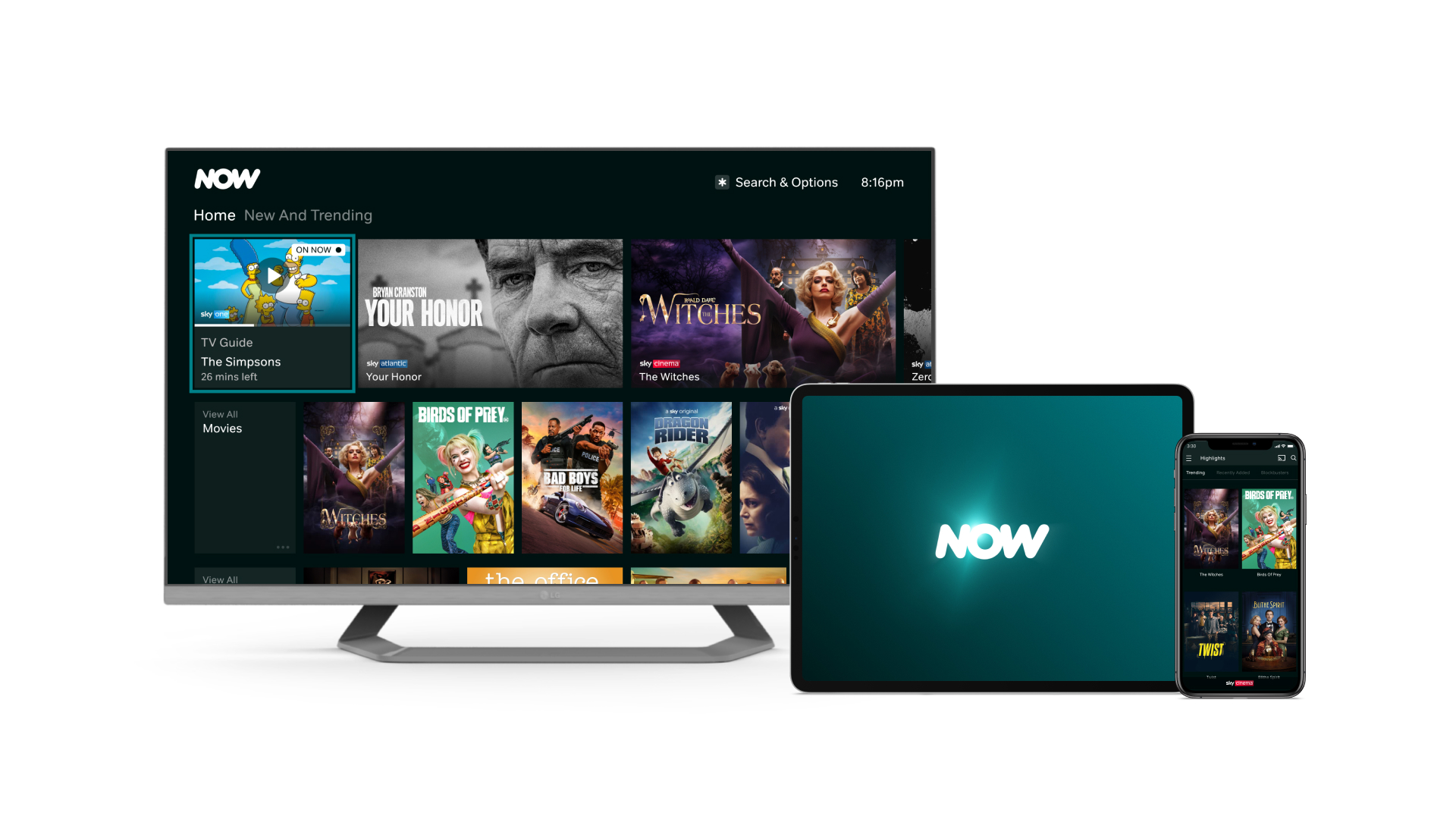 As such, NOW is these days branded more as a streaming app to sit within your Android TV or other smart TV OS rather than the holistic entertainment aggregation platform introduced with Sky Glass. It is still best suited for people who want the content of Sky but without having the operator involved in all aspects of their viewing – perhaps evidenced by the fact that while obviously being associated with Sky, NOW has a very different brand identity.
As such, NOW is these days branded more as a streaming app to sit within your Android TV or other smart TV OS rather than the holistic entertainment aggregation platform introduced with Sky Glass. It is still best suited for people who want the content of Sky but without having the operator involved in all aspects of their viewing – perhaps evidenced by the fact that while obviously being associated with Sky, NOW has a very different brand identity.
Is there a future in which NOW is phased out in favour of a stripped-down Sky Stream app for CTV devices? Only time will tell.
Regardless of under what guise, streaming is clearly the future for Sky and there seems little reason for the Comcast-owned company to ever go back to the satellite dish.

